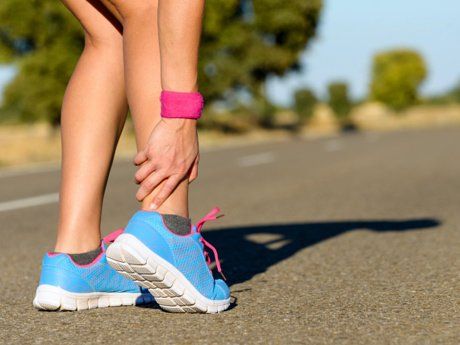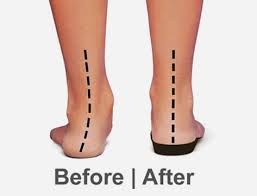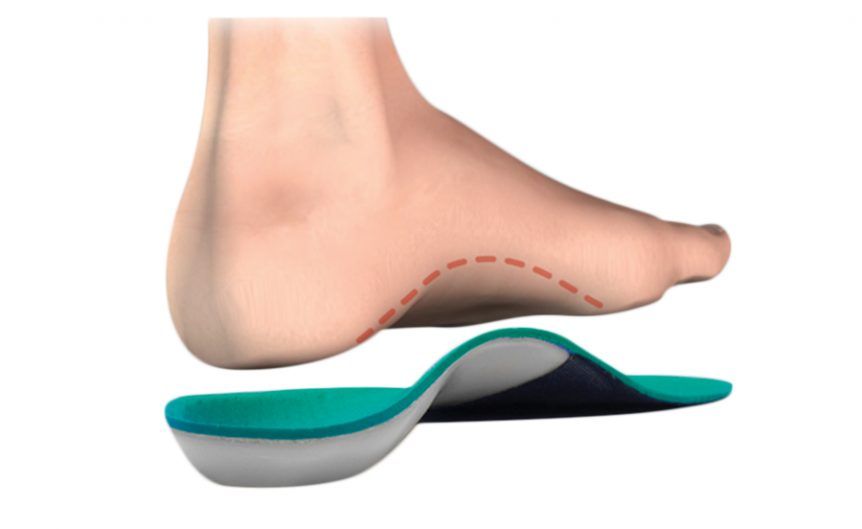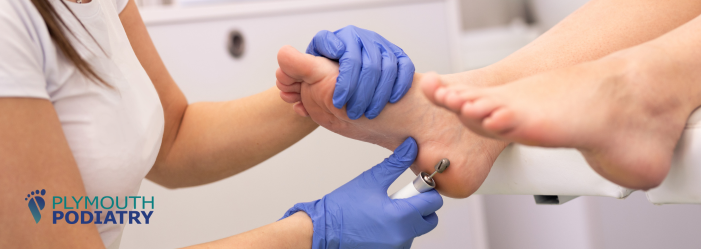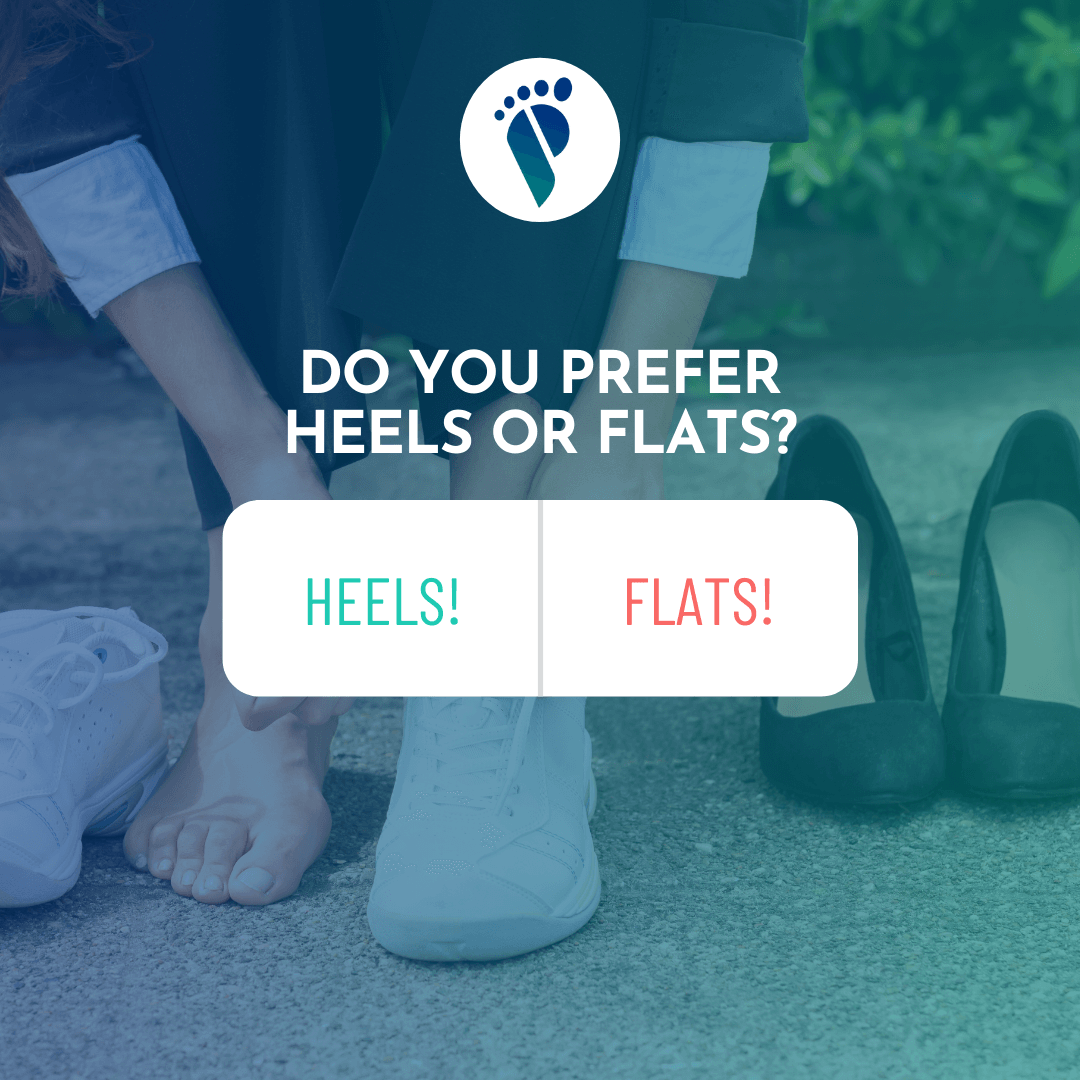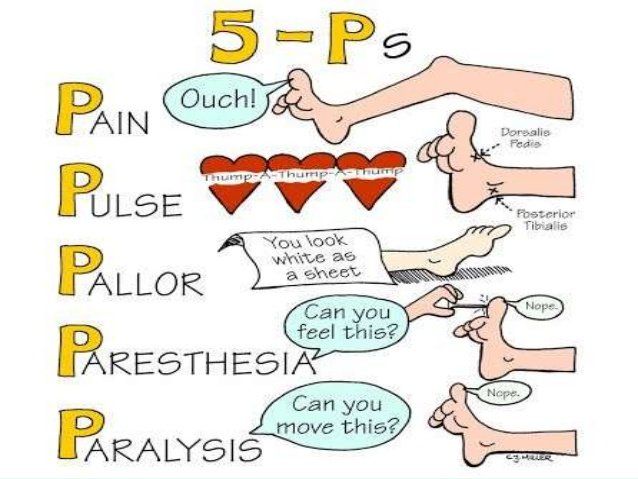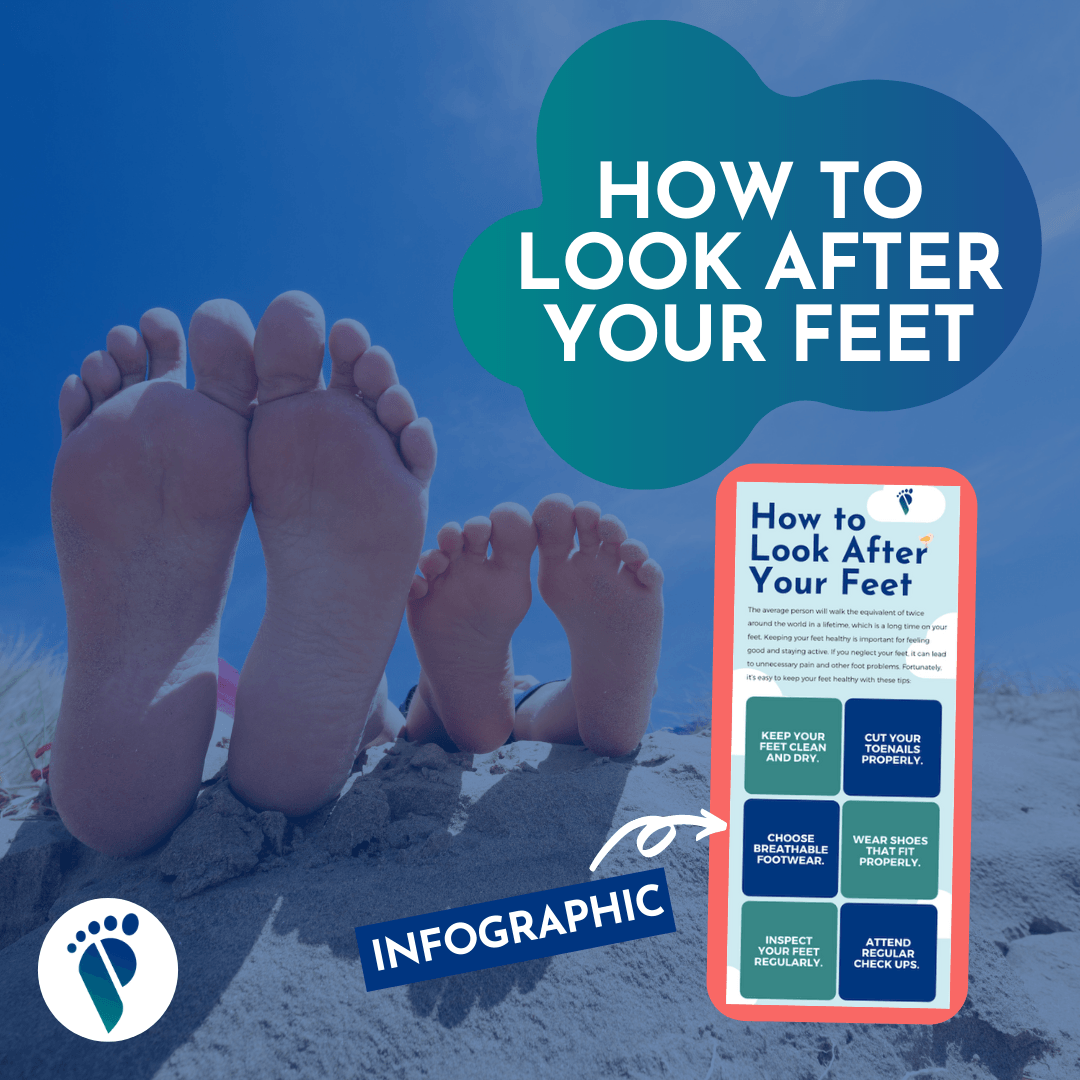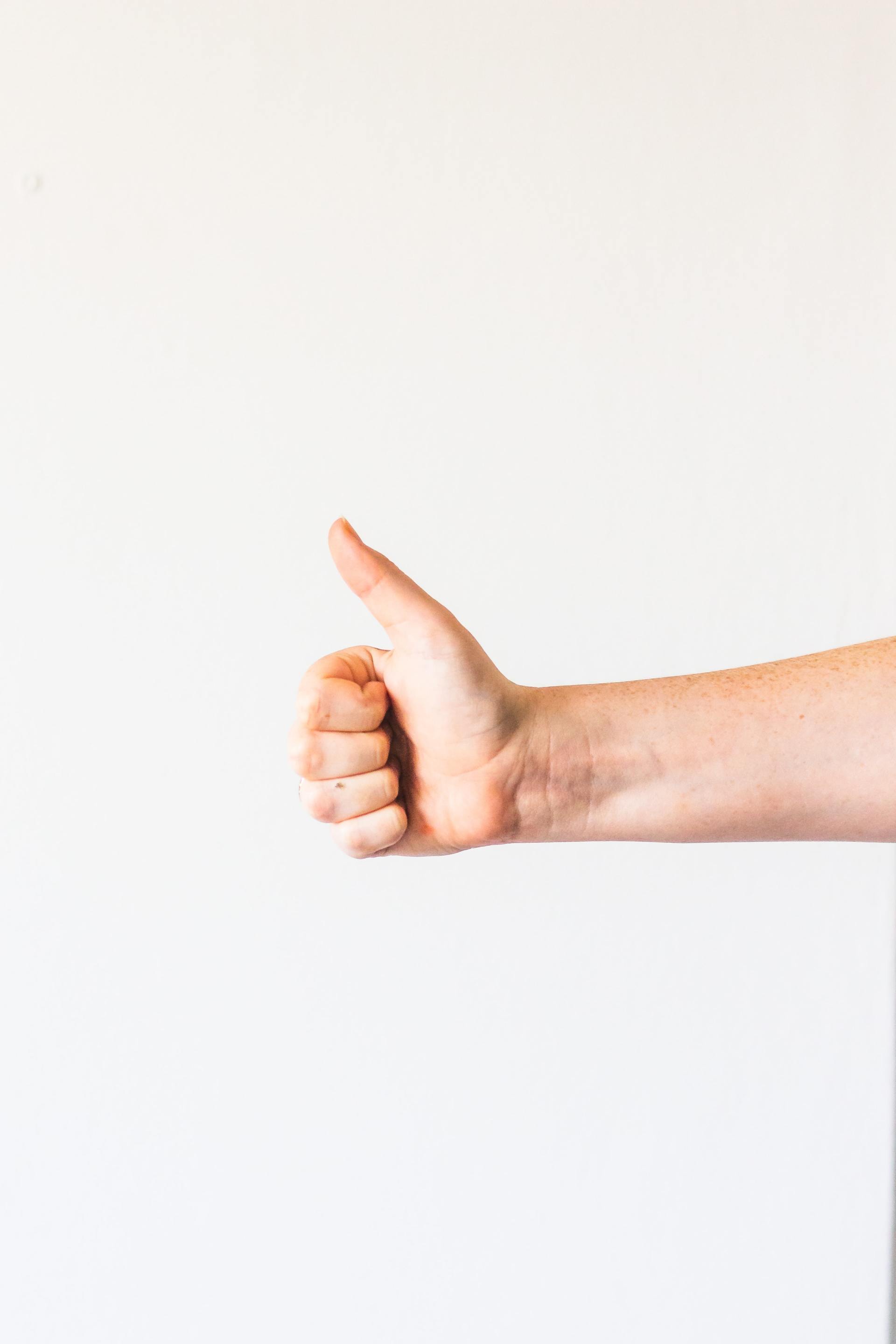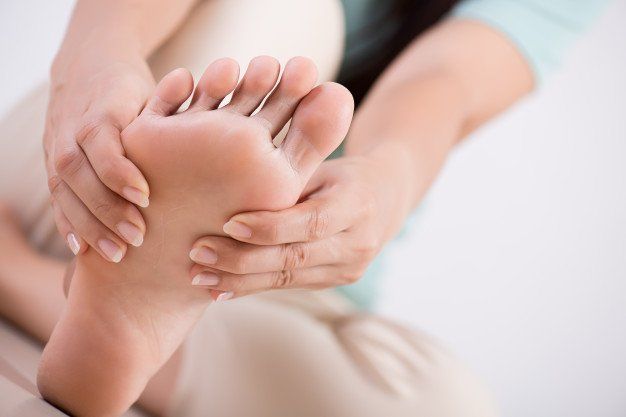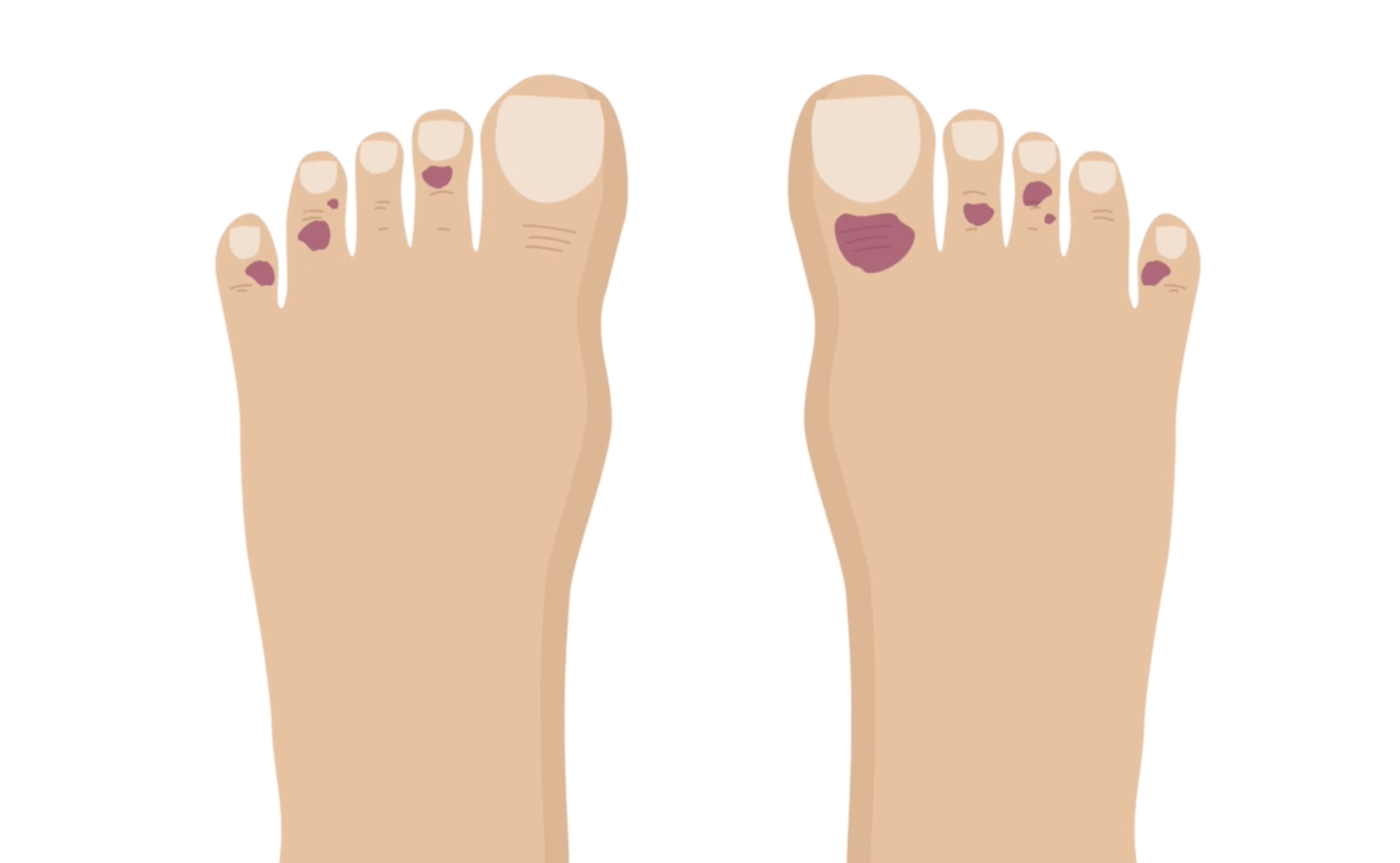Orthotics - Everything You Need to Know
Orthotics are special shoe or heel inserts that are custom-made specifically for you to treat foot, leg or back pain.
What are Orthotics ?
Orthotics are specially designed bespoke shoe inserts, which can either support the foot or alter the foots function. The type of orthotic we need depends on our foot type, pathology, activity levels and footwear. Through thorough assessment, careful selection and bespoke design the correct orthotic is able to encourage better foot function to resolve pain, prevent injury and slow the progression of deformity. Orthotics can be used to prevent damage in joints, muscles and ligaments, with the important aim of reducing pain and maintaining mobility.
Is an Orthotic just another insole?
No, because insoles are designed to provide cushioning and shock absorption for the "average" foot. They may feel comfortable at first but they do not address the root cause of your pain or alignment issues. Orthotics are designed specifically for each person following an in depth musculoskeletal assessment. Orthotics alter foot function optimising the way we move.
Do I need Orthotics?
Many problems can be treated with orthotics from heel or ankle pain to back ache to bunions. To find out if orthotics are suitable for your or even necessary for you it is important to have a thorough musculoskeletal assessment. This assessment will highlight any structural or functional abnormalities.
What kind of Orthotics are available?
Orthotics need to be supplied and fitted by a suitably trained medical professional. The cheaper option is over the counter orthotics which are designed for the average foot but can be altered by your Podiatrist to suit your needs. A more expensive but more personal and long lasting option are bespoke orthotics. Bespoke orthotics require a cast of your foot to be taken so that the orthotic can be made to fit your foot exactly. Specialist labs make these orthotics from your foot cast and your Podiatrists prescription.
There are a vast array of materials which can be used to make bespoke orthotics from EVA to polypropylene to carbon fibre and an even larger selection of top and bottom covers available. Your Podiatrist will be able to make the appropriate choice for your foot.
Will Orthotics help my foot problems?
Orthotics are helpful for many ailments including, heel pain, achilles tendonitis, forefoot pain, arch pain, knee pain and back ache. They can reduce the severity of your symptoms and in some cases symptoms can be completely eliminated. Sometimes orthotics are only required temporarily while in other cases they are a life long necessity.
Do I need to wear Orthotics all day?
Orthotics, like glasses, work only when you use them. Orthotics do not change the structure of your foot, but help realign joints to improve posture and function. All day use of your orthotic insoles is generally recommended to control or reduce pain or fatigue.
How are Orthotic insoles made?
It is essential that you have a full musculoskeletal assessment carried out by your Podiatrist in the first instance. This will highlight any abnormalities in your foots structure or function. If it is decided that orthotics are required you then have the choice of whether to go for over the counter insoles or bespoke orthotics. Your Podiatrist will discuss these options with you. Should you opt for the bespoke orthotics then a 3D scan is taken of your foot in clinic. This is then sent to the orthotics lab with your Podiatrists prescription. The lab will use these to make your orthotic.
Contact us now for more information. Call 07815 849368 to make your appointment.
